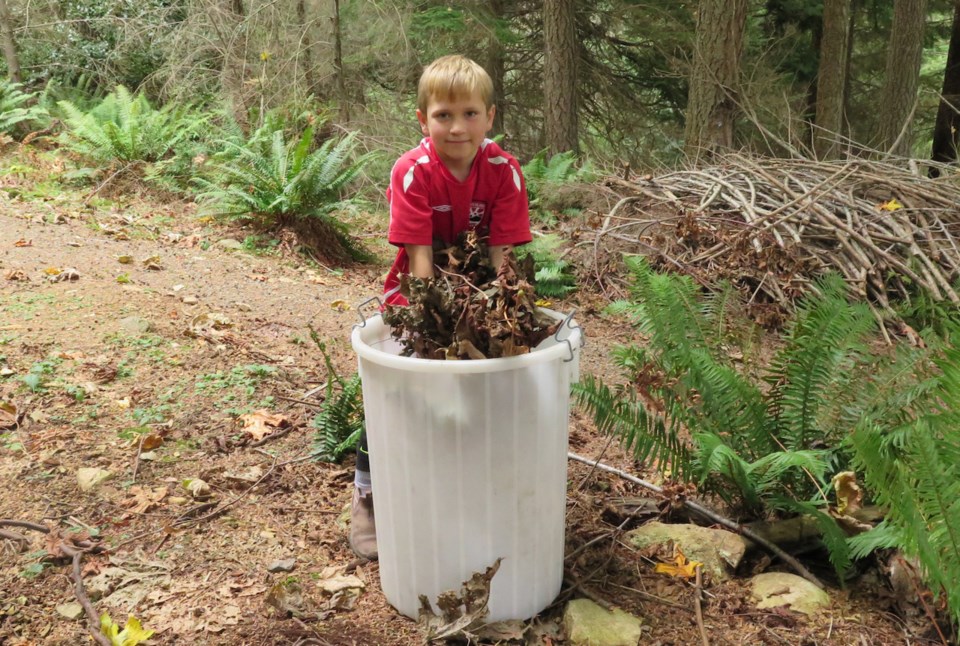On Bowen we pride ourselves on diverting used items through the wonderful Knick Knack Nook and disposing of packaging at the recycling depot. The Bowen Food Sovereignty Group proposes expanding that notion: how about we put our brains to work on getting as much of the food we grow and buy into our bellies and out of the waste stream?
Canadians waste some $31 billion worth of food every year. This is bad news, both for our pocketbooks and the environment. Land-filled organic matter releases methane, which is 25 times more damaging to the atmosphere than carbon dioxide. The food we grow and don’t eat reduces biodiversity by destroying habitat, adds to landfills, and uses lots of water.
Now, onto your pocketbook: the average Canadian household wastes more than $1000 a year on food. Does that fact incline you to take on this issue in your household? Here are a few super-simple tips to get you started:
Don’t shop when you are hungry. According to research, grocery stores encourage us to buy more than we need with bulk buying, two-for-one deals, and family-pack sale prices. These options only save you money if you meal plan, store carefully, or make meals ahead and freeze them. If you are shopping hungry you may be more inclined to over-purchase.
Plan your meals, eat sit-down dinners, freeze your leftovers. It may not be possible for you if there is no one in your home with the time to plan and organize meals. However, if you can manage it, these ideas will save money and cut down waste. For great leftover ideas, check out: www.lovefoodhatewaste.com
Share with neighbours if you are going to travel, or have extra fruits and veggies that you might not eat before they spoil.
Learn to trust your nose over best-before dates. Best before dates can be both confusing and misleading. For more info, check out: www.stilltasty.com
Learn how to store food, and use parts of food that normally get thrown out. Carrot-top pesto is a real thing. Onion skins, broccoli bottoms and other veggie bits that normally get tossed make exquisite stock. Eggs are freezable. Dive into the wonderful world of the internet to learn more.
And finally, compost your vegetable scraps. A compost bin in the yard will provide fabulous nourishment for a garden. Alternatively, Bowen Waste picks up organic waste from households across the island every Wednesday for off-island processing.
Less waste means more cash on hand and a cleaner environment. So, it makes a lot of sense to put our Bowen creativity to work and reap the rewards of reducing food waste.



